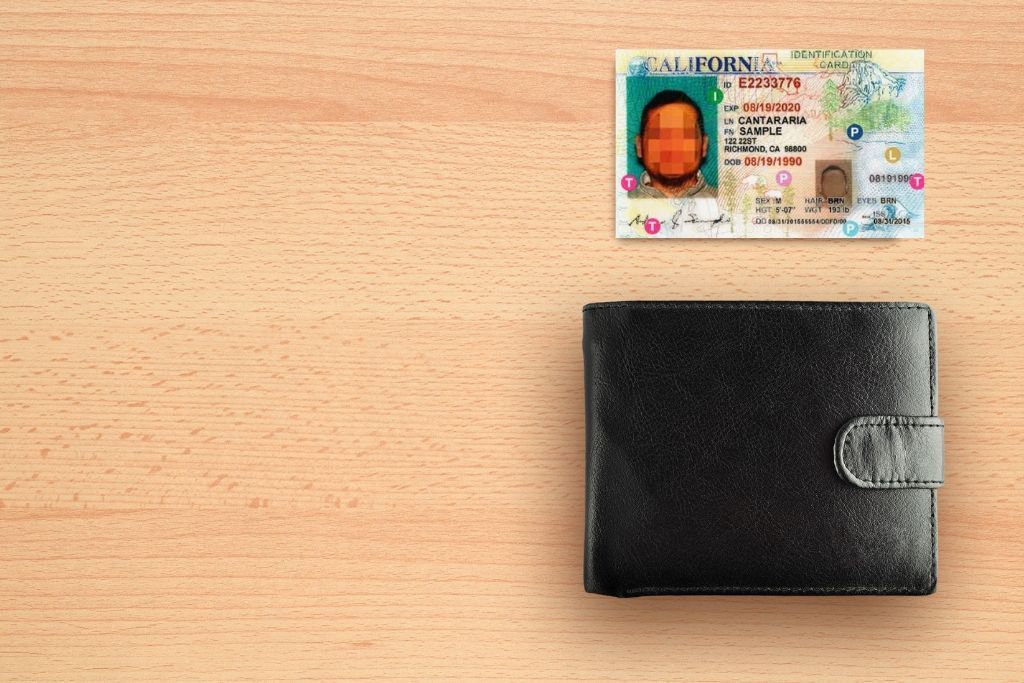
How to name a guardian for your minor children.
November 5, 2018
Naming beneficiaries to keep the peace.
January 27, 2019Things to consider when choosing beneficiaries
What is a beneficiary? A beneficiary is someone you name who will receive your property after you die. You can name your spouse as the primary beneficiary and your Children as secondary beneficiaries on your life insurance policy. If you have no children, you may have named your spouse or significant other.
You may have named parents or friends as beneficiaries. Most retirement and investment accounts require beneficiaries before the account is activated. For other property, such as art, jewelry and personal items, you can name a beneficiary in your will or trust. Below are the most common types of monetary accounts that require a beneficiary:
- Life Insurance
- Pension Plan
- Retirement Plan – 401(k)
- IRA or Roth IRA
- Securities
If the primary beneficiary named is living, then the funds will transfer easily to those persons. If not and there is no secondary beneficiary, the funds may be probated. Probate is an expensive legal process to pass your property to those who survive you after your death.
It’s always a good idea to review your named beneficiaries on an annual basis. Below are some things to consider when naming persons to receive your property after you pass on.
Important things to consider when choosing beneficiaries:
- Family. Taking care of your family to support their needs, including your spouse and young children.
- Other Family. If you have been helping your parents or siblings and you want to continue to support them.
- Friends. If you have helped a friend with their finances during tough times, you may want to help them with future challenges.
- Age. Some investment companies have restrictions for minors (under aged 18). Consider naming your trust as the beneficiary. Then, the trust can provide for a minor’s sub-trust to be held until the minor turns 18 or some other age that you decide.
- Pet Custodian. Name a custodian to receive your pets and funds for pet food and care during the lifetime of your pet.
- Money Manager. Name a trustee to administer funds on an as-needed basis for living expenses for someone in need. This is ideal when you have a spendthrift child who cannot manage their own money or for a young adult.
- Alternates. Name a secondary beneficiary in case the primary beneficiary passes away before the funds are distributed. Naming an alternate will avoid probate.
- Types of Beneficiaries. Your beneficiaries can be a spouse, child, parent, sibling, other family member, friend, business, or charitable organization.
Important to Remember:
For Investments:
If your investments have an option to name your “estate” as a beneficiary, do not check that box. As a result, naming your “estate” may require probate. Do select “trust” and write in your trust name, if possible. We suggest you always consult with your financial advisor to get more information on your specific accounts.
Life-Changing Events:
If any of the below events occurred within the last 12 months, you may want to update your beneficiaries:
- Marriage
- Divorce
- New addition to the family — gave birth or legally adopted a child
- Did your spouse die?
- Was there a death in the family?
To ensure your loved ones are taken care of when you pass away it is important that you choose the right beneficiary. You can also name beneficiaries in a Living Trust and a Last Will and Testament. To avoid probate, name beneficiaries on accounts, in a trust, or a will. Don’t let a judge decide for you. If you don’t already have a trust and/or will, we’re here to help your family avoid probate. We’ll help you prepare these important documents now so that your loved ones are taken care of later.







